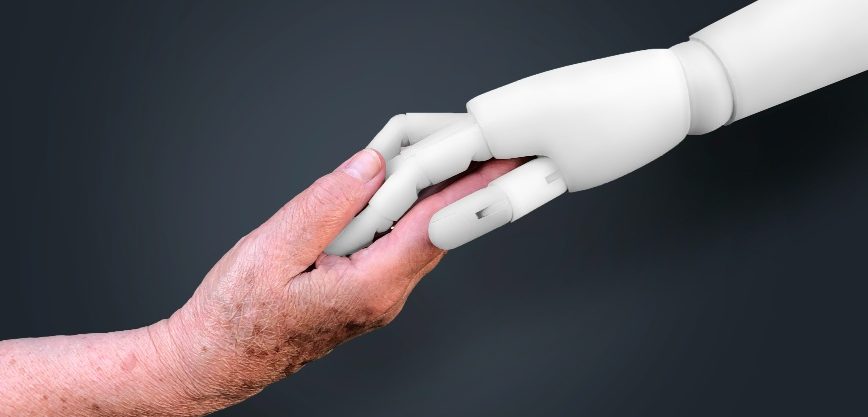A friendly robotic service for preventative care amongst frail older adults is to be developed as part of a new collaborative project involving Loughborough University.
Funded by UKRI, the I’M-ACTIVE project will combine emergent technologies to assess home-based tasks, identify weaknesses, and provide tailored motivation for an active lifestyle.
NHS England estimates that 3% of over-65s are severely frail and another 12% are moderately frail, totalling around 1.8 million people in the UK.
The incidence and prevalence of frailty are having a profound impact on all aspects of the UK economy and society.
The project aims to reduce the impact of frailty in the UK care and health system by analysing the benefits and limitations of emerging robotic and sensor technologies for older adults and engaging with policymakers, practitioners, carers, and potential users to co-produce a new service.
Professor Massimiliano Zecca, Loughborough University’s lead and an expert in healthcare technology in the School of Mechanical, Electrical and Manufacturing Engineering, says the research is “essential to reduce the burden on healthcare systems”.
His team will be responsible for the development of measurement tools that will allow for frailty to be assessed.
Professor Zecca said: “We are facing the dual challenge of accurately measuring functional and cognitive parameters in the home environment, which is the truest reflection of an older person’s abilities, and also developing a system that users will be willing to have in their homes. This entails designing and developing a user-friendly system that satisfies their needs and preferences.
“We are confident that the results of I’M-ACTIVE will pave the way for new intervention options that can help frail elderly individuals maintain an active lifestyle and improve their social and emotional wellbeing.”



